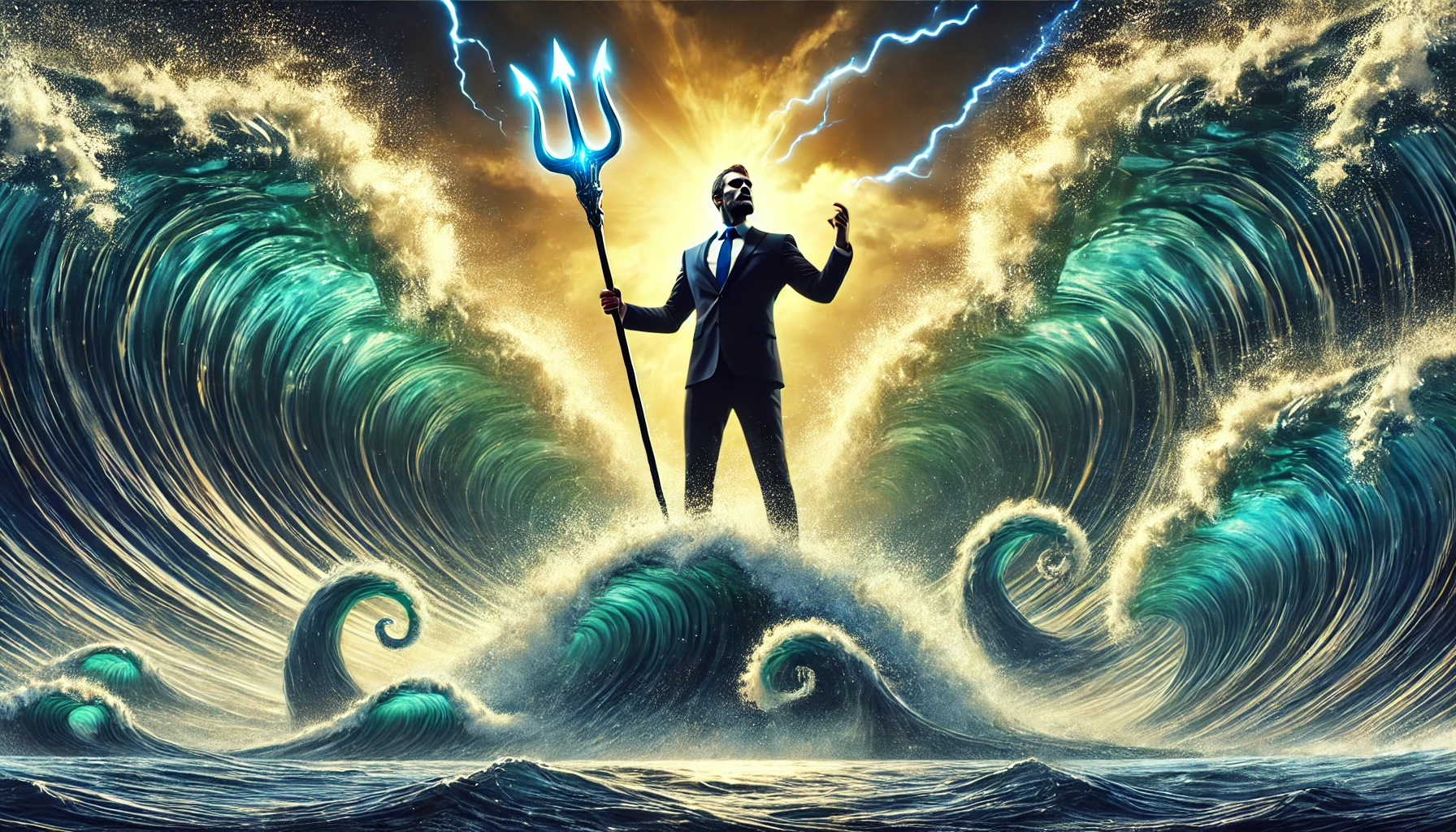
Ripples of Ruin or Reward: Why Great Leaders Master the Long Game
By Derek Neighbors on March 3, 2025
Every Decision Has a Ripple Effect
A retailer slashed prices to boost sales—and it worked. Until empty shelves and angry suppliers tanked the business six months later. Why? They missed the ripples.
Every decision is a stone in a pond: the splash is obvious, but the currents—second- and third-order effects—can drown you if you’re not looking.
Understanding First-, Second-, and Third-Order Effects
So what are these ripples? Every choice kicks off a chain reaction—and the best leaders see it coming.
- First-order effects: The splash—instant and obvious.
- Second-order effects: The undertow—quiet but dangerous. Think rattled teams or shifting rivals.
- Third-order effects: The tide shift—reputation in tatters, a culture hollowed out, or an edge lost forever.
Real-World Examples
🔴 Cost Cutting Gone Wrong
A manufacturing firm axed 20% of its workforce to hit quarterly targets.
✔ First-order win: Profits spiked.
⚠ Second-order snag: The skeleton crew missed deadlines, frustrating key clients.
💀 Third-order fallout: A competitor swooped in, stealing once-loyal customers.
🔴 Tech Adoption Backfires
A logistics company rolled out AI to optimize deliveries.
✔ First-order gain: Routes improved overnight.
⚠ Second-order hitch: Drivers, fearing job loss, unionized and slowed adoption.
💀 Third-order sting: The departure of veteran drivers erased decades of route-savvy know-how.
🟢 Subscription Bet Pays Off
A software firm switched from one-time sales to a subscription model.
✔ First-order win: Steady cash flow started rolling in.
⚡ Second-order edge: Customers stuck around longer, giving feedback that sharpened the product.
🏆 Third-order triumph: Rivals scrambled to catch up, but the firm’s loyal base and data moat locked in market dominance.
Great leaders don’t just dodge the undertow—they turn ripples into waves of advantage.
How Great Leaders Master the Ripples
Great leaders don’t stumble into ruin or luck into reward—they command the currents.
How? They play chess, not checkers, weighing every move: a layoff or merger is an irreversible gambit that demands cold-eyed calculation (Bezos’ Type 1), while a pricing tweak can be a quick, erasable test (Type 2).
They treat decisions like loans against the future—a hasty patch carries low interest, but a sloppy overhaul compounds into chaos you can’t outrun.
To stay sharp, they don’t guess—they scan the horizon, sensing rattled teams or creeping customer drift before the undertow takes hold.
Above all, they tune out the loudest roar.
Netflix didn’t just flee Blockbuster’s ashes with streaming—they saw studios poised to choke them years later and forged a content fortress to win the long war.
That’s not reaction. That’s mastery.
Final Thought: What’s the Third Move?
Speed wins skirmishes; foresight wins the war. Great leaders don’t just surf the first wave—they brace for the undertow.
Next decision you face, don’t stop at What’s next? Ask: What’s the third move?
Your legacy’s riding on it.




